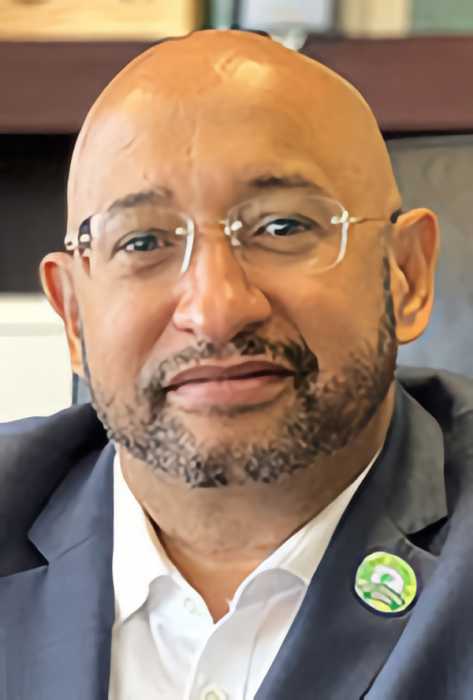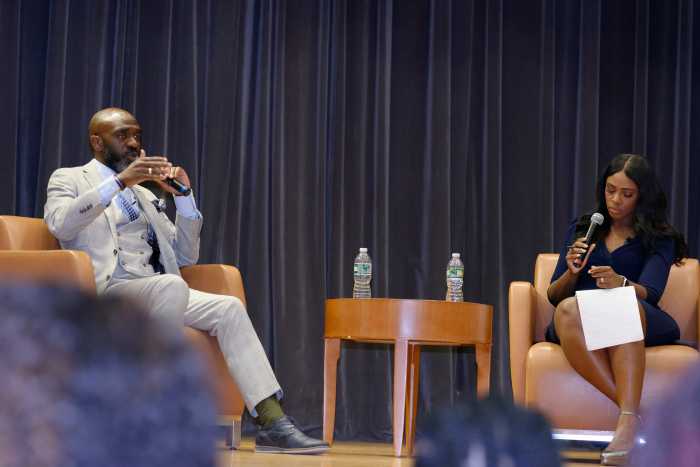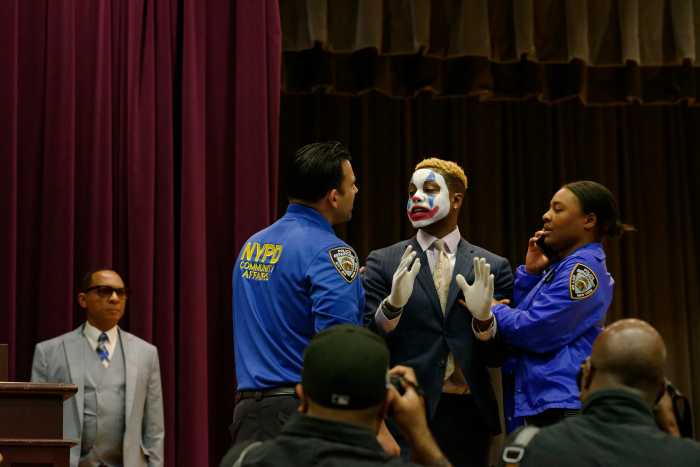During the 33rd anniversary celebration of the Americans with Disabilities Act (ADA), hosted virtually by the Center for the Independence of the Disabled New York (CIDNY), disability advocates and elected officials celebrated the progress made on improving accessibility, while also acknowledging what’s left to do.
In her remarks, New York City Council Member Linda Lee, a member of the Mental Health, Disabilities and Addiction Committee, mentioned the two bills she was the lead sponsor on, which passed last year by the Council.
The first, Int. 0681-2022, expands the existing NYC:ATWORK program into a workforce development program for persons with disabilities in NYC, created in collaboration with the Department of Small Business Services (SBS), the Mayor’s Office of Talent and Workforce Development (MOTWD) and the Mayor’s Office for People with Disabilities (MOPD).
With this expansion, the agencies must “maintain an online resource to connect employers and job seekers, which would include a current list of all vacant positions from participating employers.”
In addition, resources would be made publicly available to support applicants with the job search process, and to provide employers with guidance on making accommodations, including by conducting informational sessions for employers at least twice annually.
The second, Int. 0682-2022, requires MOPD to consult with city agencies to develop and implement five-year accessibility plans. It should include, at least, “the steps the agency is taking and will be taking over the next five years to ensure accessibility to the agency’s workplace, services, and programs.”
The plans should also include “information on ongoing projects and projects planned over the next 5 years related to improving physical, digital and programmatic access, and effective communications for persons with disabilities.”
New York State Assembly Member Rebecca Seawright shared that she is working on getting S108A/A1283, the expanded Equal Rights Amendment (ERA), on the ballot for next year’s general election in November, passed in the State. She was the lead sponsor on the bill.
The bill would protect all people, regardless of race, color, ethnicity, national origin, age, disability, creed, religion, or sex, including sexual orientation, gender identity or expression,… “from any discrimination in their civil rights by any other person or by any firm, corporation, or institution, or by the state or any agency or subdivision of the state.”
On employment, Alex Thompson, who works with the New York Association on Independent Living (NYAIL), emphasized the concept of “nothing about us without us.”
“We need representation in the system, and advocates outside of it, to ensure there is equal participation and involvement,” he said. This doesn’t only apply to the employment system, but all systems in New York State.
CIDNY Executive Director Sharon McLennon-Wier, a Black woman who is blind, echoed Thompson’s sentiment. She emphasized that being educated on things that matter to individuals is important.
“It’s imperative to stand up and act. Join activist groups, make sure your voice is heard,” she stated



























